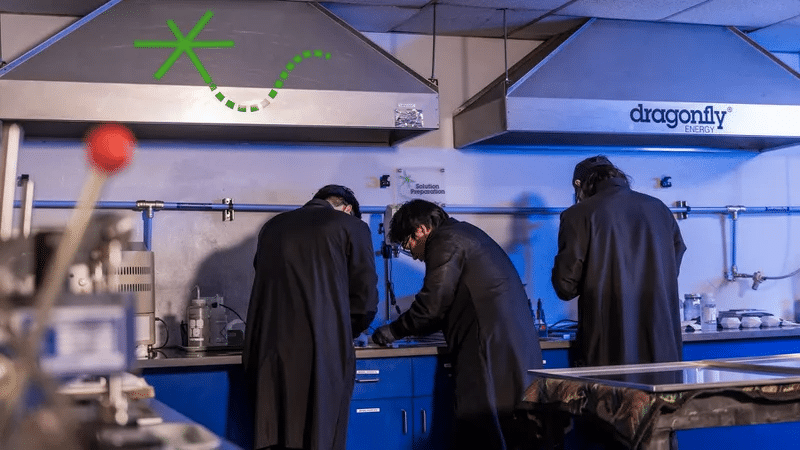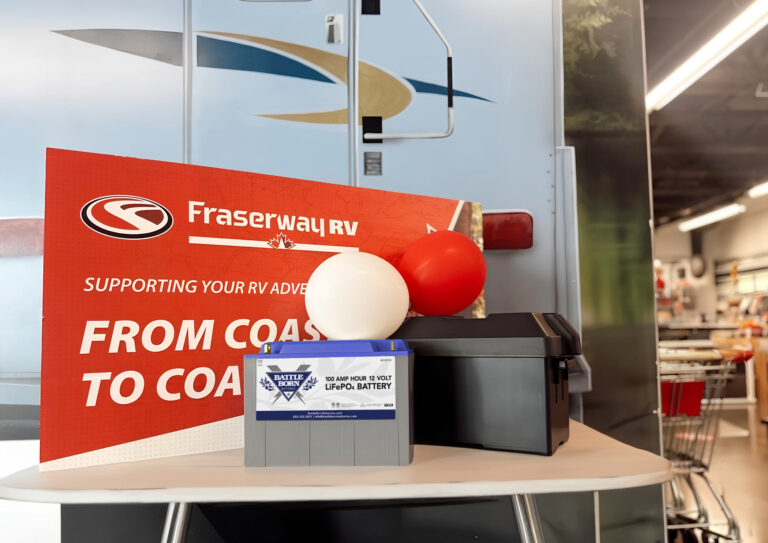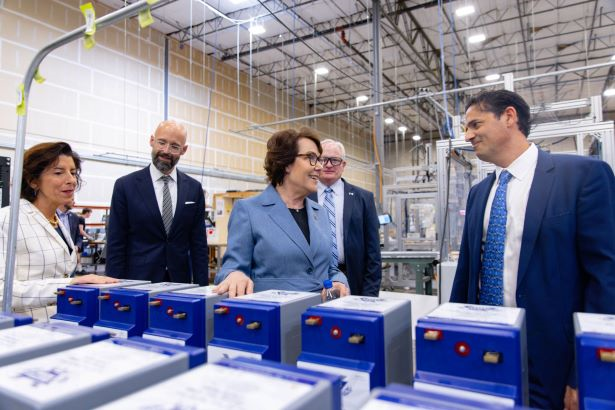In the quest for efficient and powerful energy storage solutions, energy density is key. Fundamentally, battery energy density refers to the amount of energy that a battery can hold relative to its size or mass. This measure is crucial because it directly influences how long a battery can operate before needing a recharge. Higher energy density means more energy in the same space or weight, leading to lighter, smaller batteries with the same power capacity or longer-lasting batteries of the same size.
This is especially relevant when considering lithium-ion batteries, widely used in applications from electric vehicles to portable electronics. These batteries are favored for their higher density, offering a remarkable balance of power, weight, and size.
Let’s further unpack energy density and its relevance in determining your battery needs.

How Does Energy Density Affect the Power of Batteries?
Energy density is the measure of energy a battery can hold relative to its size or mass; on the other hand, power density refers to the speed at which energy can be delivered by the battery. This distinction is crucial as it affects battery performance in different applications.
A battery with a high energy density can store a large amount of energy, making it ideal for long-term use, such as in electric vehicles or backup power systems for homes. However, high energy density doesn't automatically mean the battery can release stored energy quickly. That’s where power density comes into play. Batteries with high power density can deliver energy rapidly, making them suitable for applications requiring quick bursts of power, like power tools.
The balance between these two determines a battery's suitability for specific applications. For instance, in electric vehicles, a blend of high energy density for extended range and sufficient power density for acceleration is desirable. Manufacturers constantly strive to enhance both aspects, but improvements in one can sometimes come at the expense of the other. Understanding the specific needs of an application is key in choosing a battery with an optimal balance of energy and power density.
Average Density of Lithium Batteries
Lithium-ion batteries stand out in the realm of energy storage solutions, especially compared to other battery types like lead-acid batteries. The average energy density of lithium-ion batteries significantly surpasses that of traditional lead-acid counterparts; this superior energy density makes lithium-ion batteries a preferred choice for a wide range of applications.

Lithium-ion batteries typically boast an energy density ranging from 150 to 200 watt-hours per kilogram (Wh/kg), whereas lead-acid batteries generally offer a much lower range of 30 to 40 Wh/kg. This stark contrast means lithium-ion batteries can store and deliver more energy for the same weight, making them more efficient and practical for applications requiring lightweight and compact energy sources.
The higher energy density of lithium-ion batteries translates to longer runtimes and smaller, lighter battery packs, a crucial advantage in many modern applications. For instance, in electric vehicles, this means greater range per charge; in portable electronics, it equates to longer usage between charges while maintaining a lightweight design.
In comparison, lead-acid batteries, with their lower energy density, are bulkier and heavier for the same energy output. This makes them less suitable for applications where weight and size are critical factors. Consequently, lithium-ion batteries, with their higher energy density, offer a more advanced, efficient, and versatile solution for modern energy storage needs.
Why Do You Need Batteries with High Energy Density?
Opting for batteries with high energy density—particularly lithium-ion batteries—offers numerous advantages, making them superior choices for various applications. Some key reasons to consider them include:
- Longer Lifespan. Lithium-ion batteries typically last longer than other types, such as lead-acid batteries. This longer service life means fewer replacements and lower long-term costs.
- Greater Efficiency. Lithium-ion batteries can store more energy per unit of weight. This translates to more efficient power usage and the ability to run devices longer between charges.
- Compact and Lightweight. Lithium-ion batteries are more compact and lighter than other batteries with similar capacities. This is a crucial factor in portable devices, electric vehicles, and space-constrained applications.
- Maintenance Free. Lithium-ion batteries require less maintenance than other battery technologies. They do not need regular watering and are less prone to the effects of memory when partially charged.
- Eco-Friendly Option: Completely non-toxic, these batteries are more environmentally friendly than lead-acid batteries.
Lithium-ion batteries boast better efficiency, longevity, and practicality. This makes them a preferred choice for modern energy storage needs.
Powering the Future: Embracing High Energy Density
Opting for batteries with high energy density—like lithium-ion batteries—is not just a matter of preference. They’re a forward-thinking decision towards efficiency, sustainability, and practicality. These batteries offer longer lifespans, greater energy efficiency, and versatility, aligning with the needs of modern energy consumers.
Dragonfly Energy stands at the forefront of this technological advancement. Our dedication to developing cleaner, more efficient, and less wasteful manufacturing processes reflects our commitment to sustainable batteries; by focusing on innovative solutions and sustainable practices, we at Dragonfly Energy have positioned ourselves as leaders in battery technology advancement, ensuring that our products not only meet but exceed the expectations of various consumer segments, from RV owners to homeowners and solar panel installers.
We’re not just creating batteries—we’re shaping the future of energy storage and consumption. To learn more about Dragonfly Energy's innovative approaches and how our powerful, sustainable, and efficient batteries can revolutionize your energy needs, reach out today!



